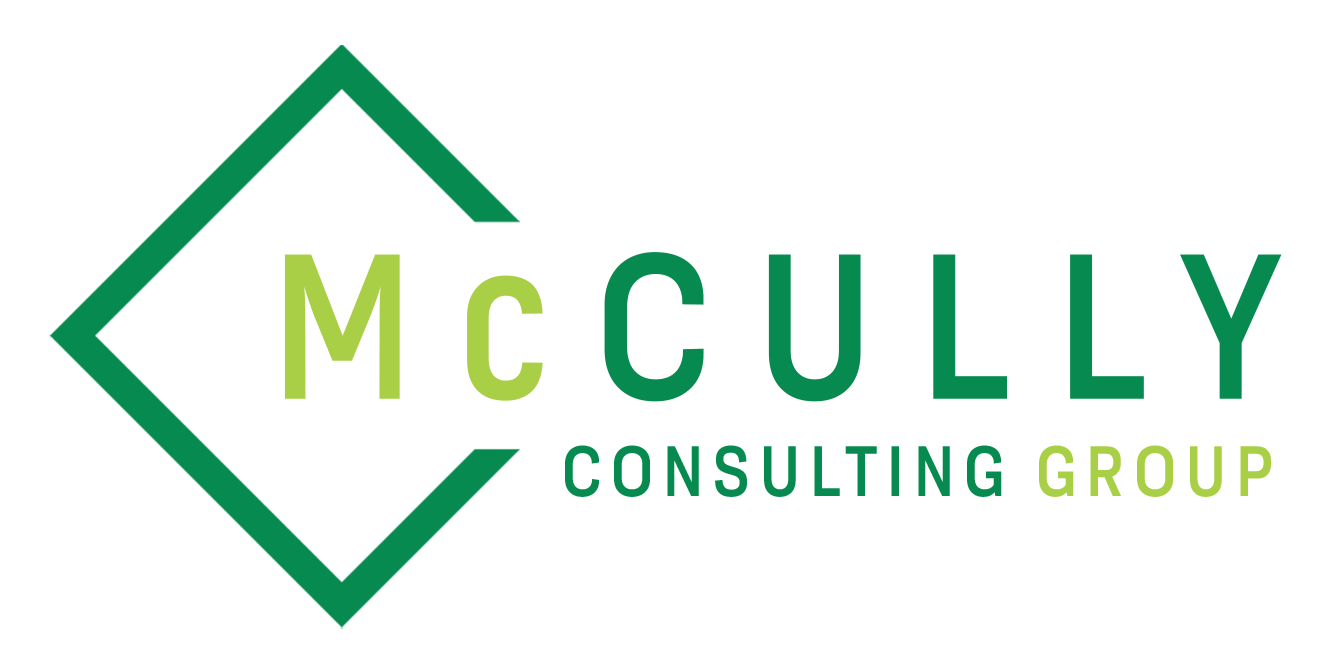Just as physical health requires regular check-ups to ensure everything functions optimally, your business’s financial health benefits from consistent evaluations. A financial health check-up is an opportunity to assess your business’s performance, identify potential risks, and make informed decisions to drive growth. Making these assessments a regular part of your operations ensures your business remains stable and adaptable in an ever-changing market.
A financial check-up starts with reviewing your cash flow, which is the lifeblood of any business. Consistently monitoring cash flow ensures sufficient liquidity to meet obligations like payroll, supplier payments, and operational costs. Positive cash flow indicates that your business is generating more income than expenses, while persistent negative cash flow may signal the need for immediate adjustments. Regular cash flow analysis helps you spot patterns like seasonal dips or peaks, allowing for better planning.
Examining your financial statements—the balance sheet, income statement, and cash flow statement—is another critical step. Each of these documents provides unique insights into your business’s financial health. The balance sheet reveals your assets, liabilities, and equity, helping you understand your financial position. The income statement highlights profitability, showing whether your business generates a surplus or deficit. Meanwhile, the cash flow statement shows how effectively your company manages its resources. Together, these statements offer a comprehensive view of your financial performance.
A financial health check-up also involves evaluating your expenses. Over time, small, unnecessary costs can add up and drain resources. Reviewing your expenditures regularly allows you to identify areas where you can cut back or negotiate better terms. For example, unused subscriptions or inefficient processes can often be eliminated without impacting operations. This process not only improves profitability but also frees up funds for reinvestment.
Assessing debt and credit is another crucial element. While debt can be a valuable tool for financing growth, excessive borrowing or poorly managed repayments can strain cash flow. A financial check-up helps you evaluate your debt-to-equity ratio and repayment schedules, ensuring they align with your business’s capacity and goals. Refinancing high-interest loans or consolidating debt can also improve your financial stability.
For businesses with employees, payroll, and benefits should be part of the review. Payroll is often one of the most significant expenses, so ensuring accuracy and efficiency is essential. Reviewing benefits packages, overtime policies and tax withholdings regularly can prevent costly errors and help you attract and retain top talent.
Monitoring financial metrics and KPIs (key performance indicators) provides valuable insights into your business’s progress. Metrics like gross margin, net profit margin, and customer acquisition costs help track efficiency and profitability. By comparing these metrics against industry benchmarks or historical data, you can gauge how well your business is performing and identify areas for improvement.
Regular financial health assessments ensure compliance with tax regulations and other legal requirements. Reviewing your tax filings, deductions, and credits ensures that your business meets its obligations while minimizing liabilities. Working with a tax professional or accountant during these check-ups can provide additional guidance and help avoid penalties.
Another benefit of consistent financial evaluations is the ability to identify growth opportunities. For example, surplus cash flow may indicate the potential to expand operations, invest in new technology, or enter new markets. You can capitalize on these opportunities while minimizing risks by staying proactive and informed.
Finally, a regular financial health check-up promotes better decision-making. When you clearly understand your financial position, you’re better equipped to make strategic decisions about investments, hiring, and other critical areas of your business. It also fosters confidence among stakeholders, including employees, investors, and lenders, who rely on accurate financial information to support their decisions.
Incorporating financial check-ups into your routine doesn’t have to be time-consuming. Depending on your business’s size and complexity, scheduling monthly, quarterly, or annual reviews ensures you stay on top of your finances without feeling overwhelmed. With a little effort, regular financial health check-ups can provide the clarity and confidence needed to navigate challenges and seize opportunities effectively.
